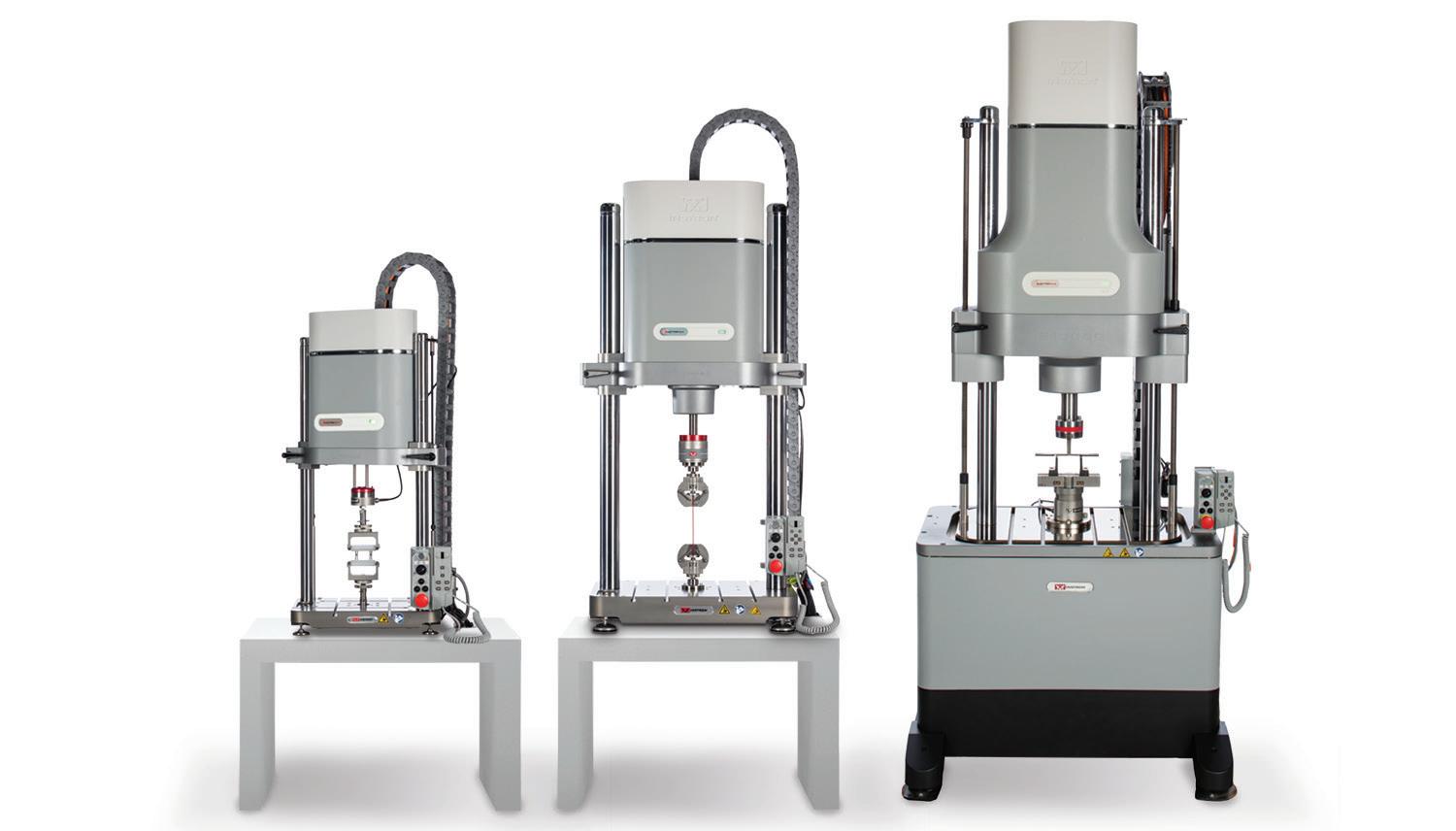BIOMEDICAL/PHARMACEUTICAL DRUG DELIVERY AND CONTAINERS
2.1
Application Specific Accessories
The global demand for pharmaceutical products is on the rise, fueled by higher incidence rates of chronic disease, an aging population, and the threat of future pandemics. Patients and physicians expect drug delivery containers to be devoid of defects, capable of securing the medicine throughout its transportation and deployment. Failures can pose a severe risk to the patient or result in the disposal of large quantities of much needed supplies. For these reasons, drug delivery containers and devices require stringent evaluation, enforced by global regulatory bodies, to ensure they can perform as intended. The pharmaceutical industry relies on mechanical testing to evaluate drug delivery systems and their associated packaging. Drug delivery systems can utilize dermal, subcutaneous, intramuscular, oral, or nasal routes and come in a variety of different packaging formats. Universal testing systems are used throughout the product development process to help identify suitable materials, evaluate delivery mechanisms, perform design validation, validate manufacturing processes, and enable proper QC measures. The most common applications are related to needle-based injection systems and involve either functional testing based on industry standards such as ISO 11040 and ISO 11608 or usability testing of products to supplement human factor testing.
Application Range • Type of tests: Tension, compression, torsion, etc. • Type of materials: Syringes, auto-injectors, vials, cartridges, inhalers, tablets, etc
07






































































































































































